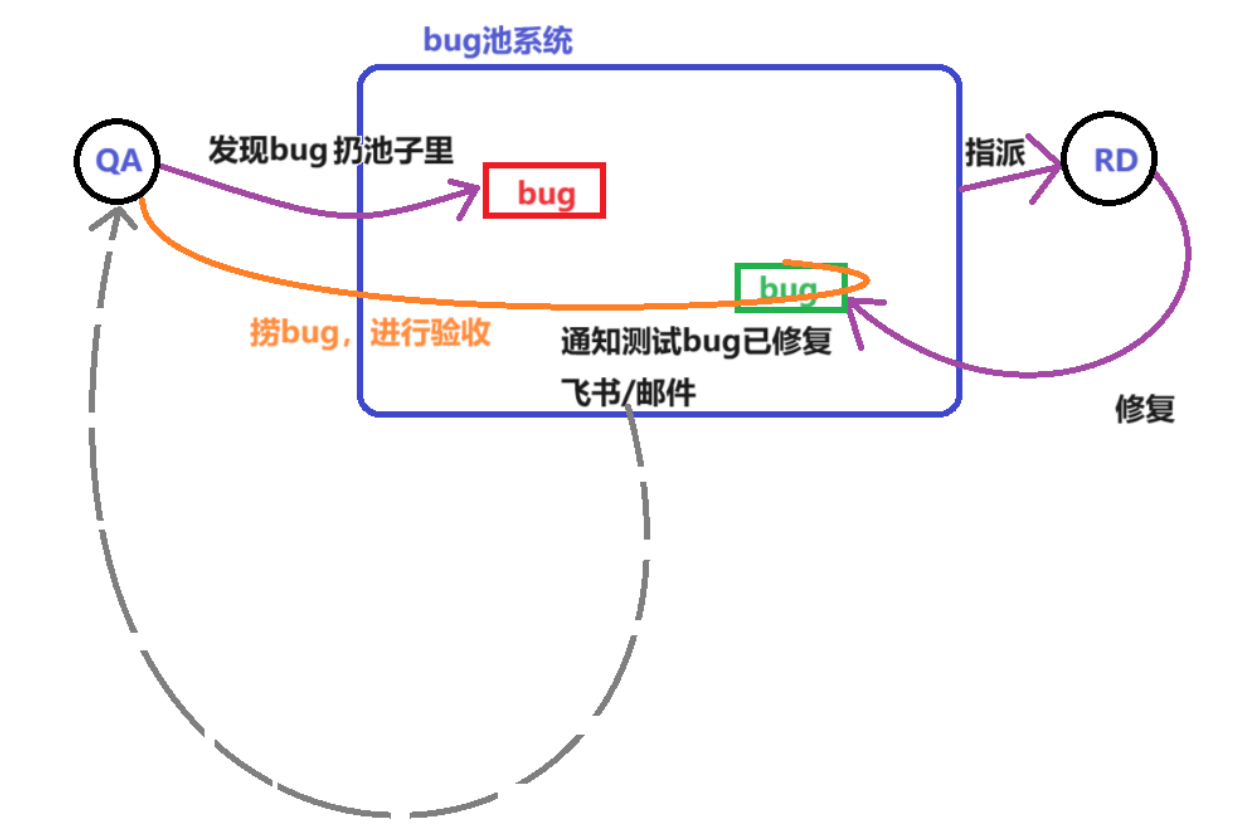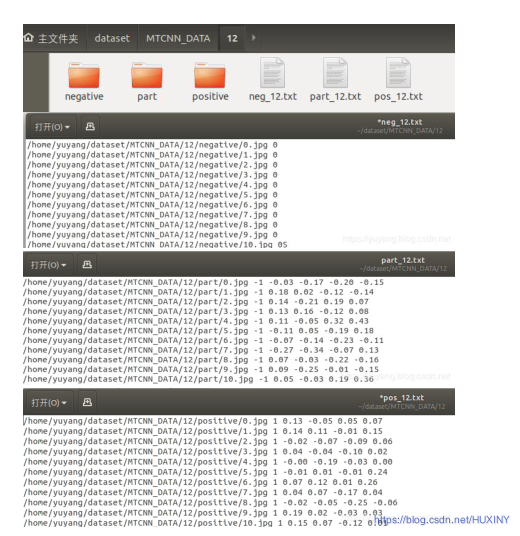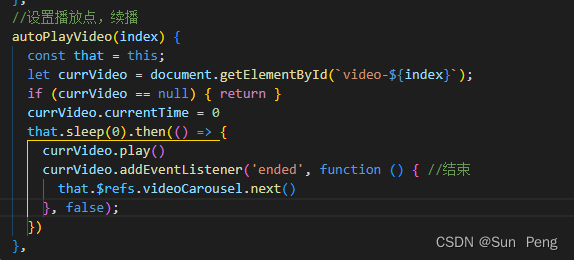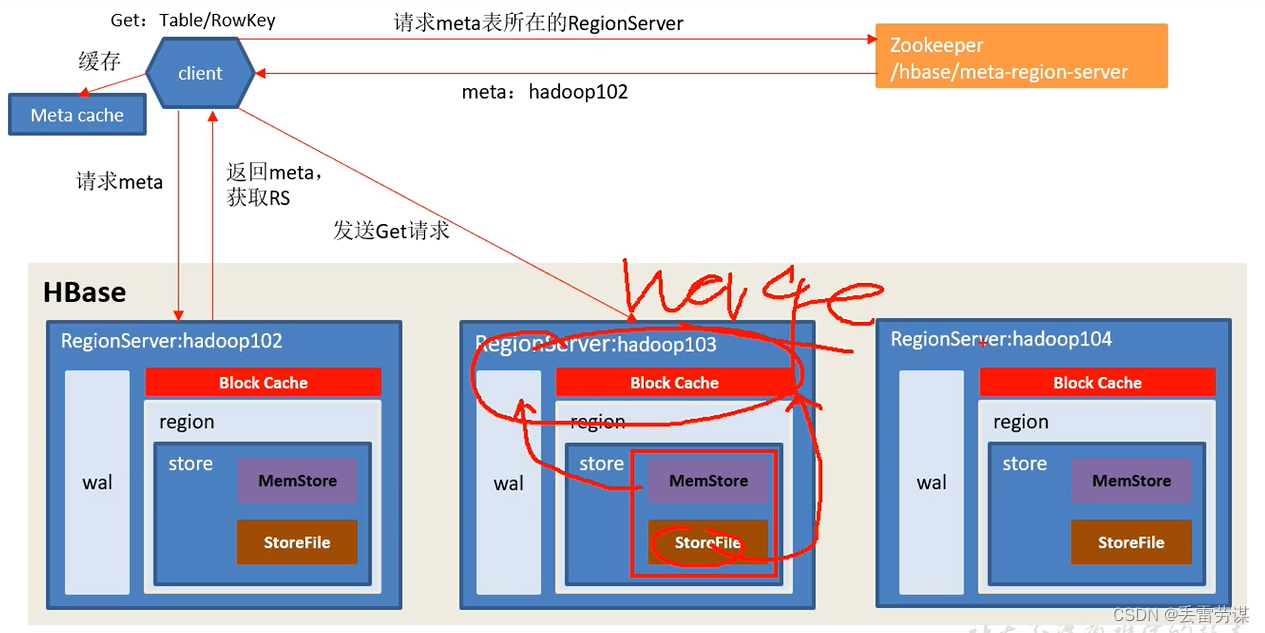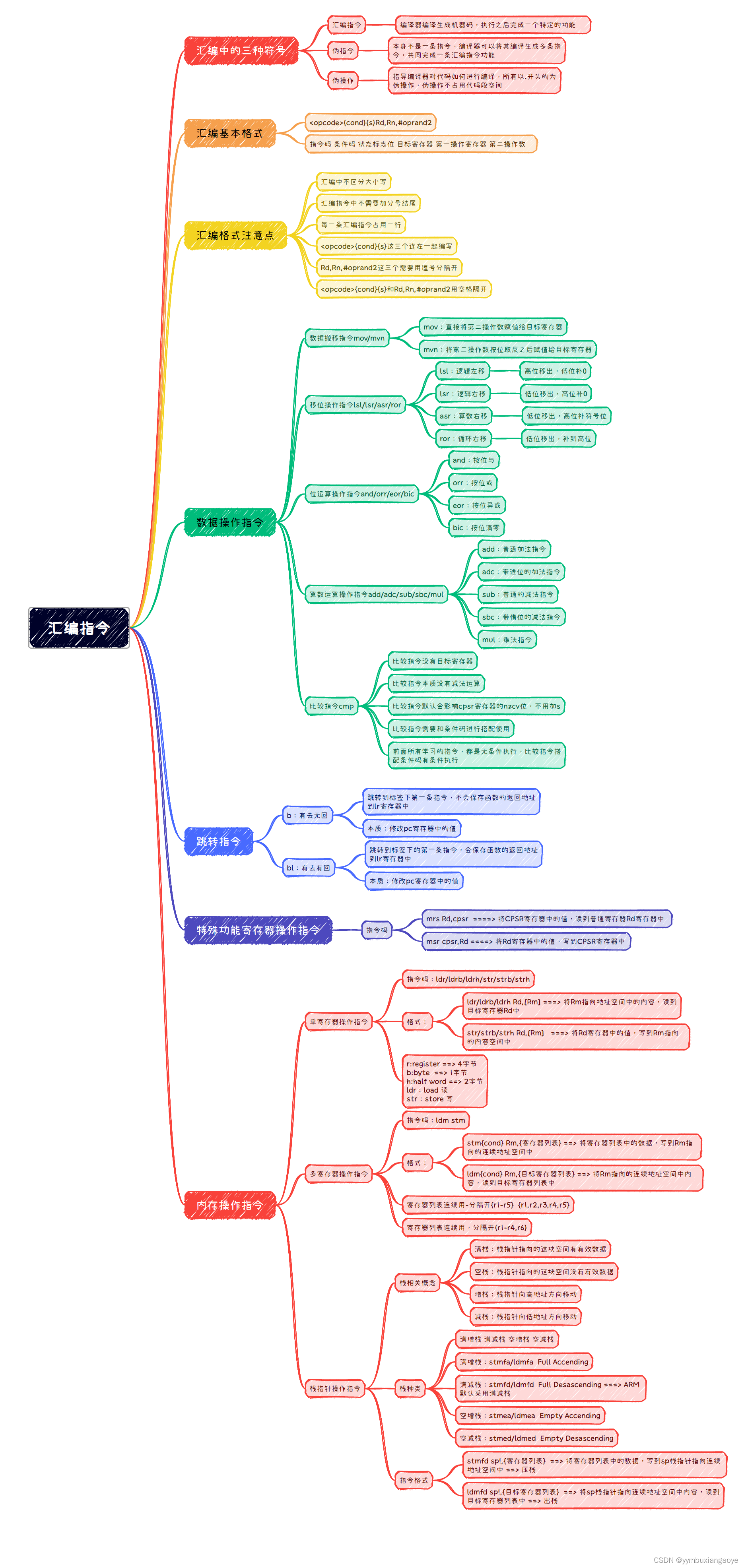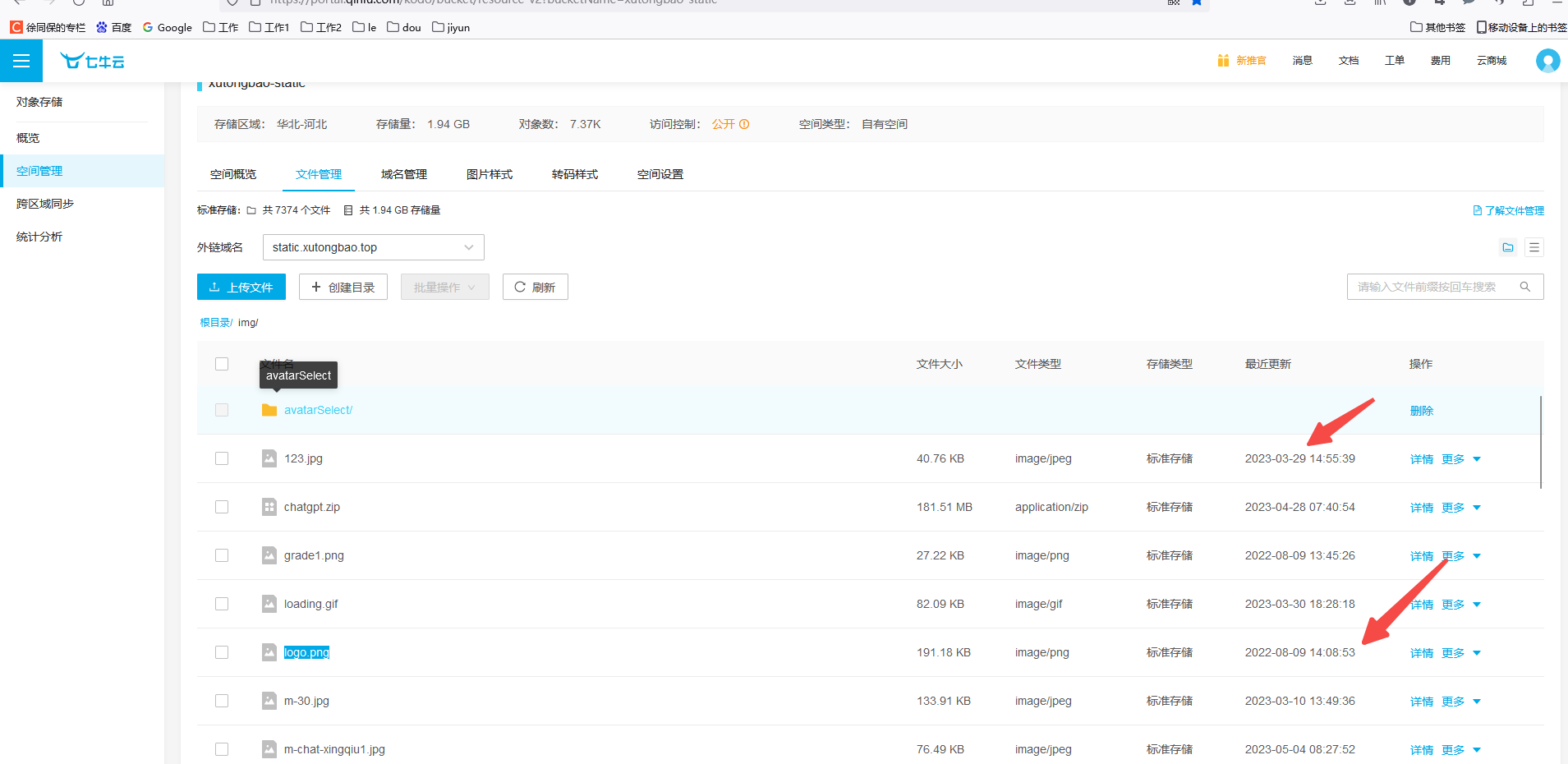python爬取edusrc
通过此脚本,可以爬取edusrc的目标信息,生成目标字典,为下一步开发自动化测试工具做准备
import queue
import threading
import time
import requests
from bs4 import BeautifulSoup
import re
def get_edu_name():
while not q.empty():
x=q.get()
url='https://src.sjtu.edu.cn/rank/firm/0/?page=%s'%str(x)
try:
s=requests.get(url).text
print('->正在获取第%s页内容'%x)
soup=BeautifulSoup(s,'lxml')
edu1=soup.find_all('tr')
for i in range(1,len(edu1)):
edu=edu1[i].a.string
print(edu)
with open('eduName.txt', 'a+') as f:
f.write(edu + '\n')
f.close()
except Exception as e:
time.sleep(1)
pass
if __name__=='__main__':
q = queue.Queue()
for i in range(1,209):
q.put(i)
for i in range(10):
t=threading.Thread(target=get_edu_name)
t.start()python爆破shadow
crypt这个模块只能在Linux下才能运行,此外,密码文件需要自己定义,爆破的成功率取决于字典的强大
import crypt
def testpass(shadow):
user=shadow.split(":")[0] #获得用户名
cryptpass=shadow.split(":")[1] #获得加密字段
salt=cryptpass[0:cryptpass.rindex("$")] #获取盐值
passdict=open("key.txt",'r')
for passwd in passdict.readlines():
passwd=passwd.strip('\n')
cryptpasswd=crypt.crypt(passwd,salt) #将密码中的值和盐值一起加密
if(cryptpasswd==cryptpass):
print("[+]Found Password:", user, ":", passwd)
def main():
shadowfile=open('/etc/shadow')
for shadow in shadowfile.readlines():
if "$" in shadow:
testpass(shadow)
if __name__ == '__main__':
main()
实验效果

python联动AWVS
这里需要将API key和url等替换成自己的
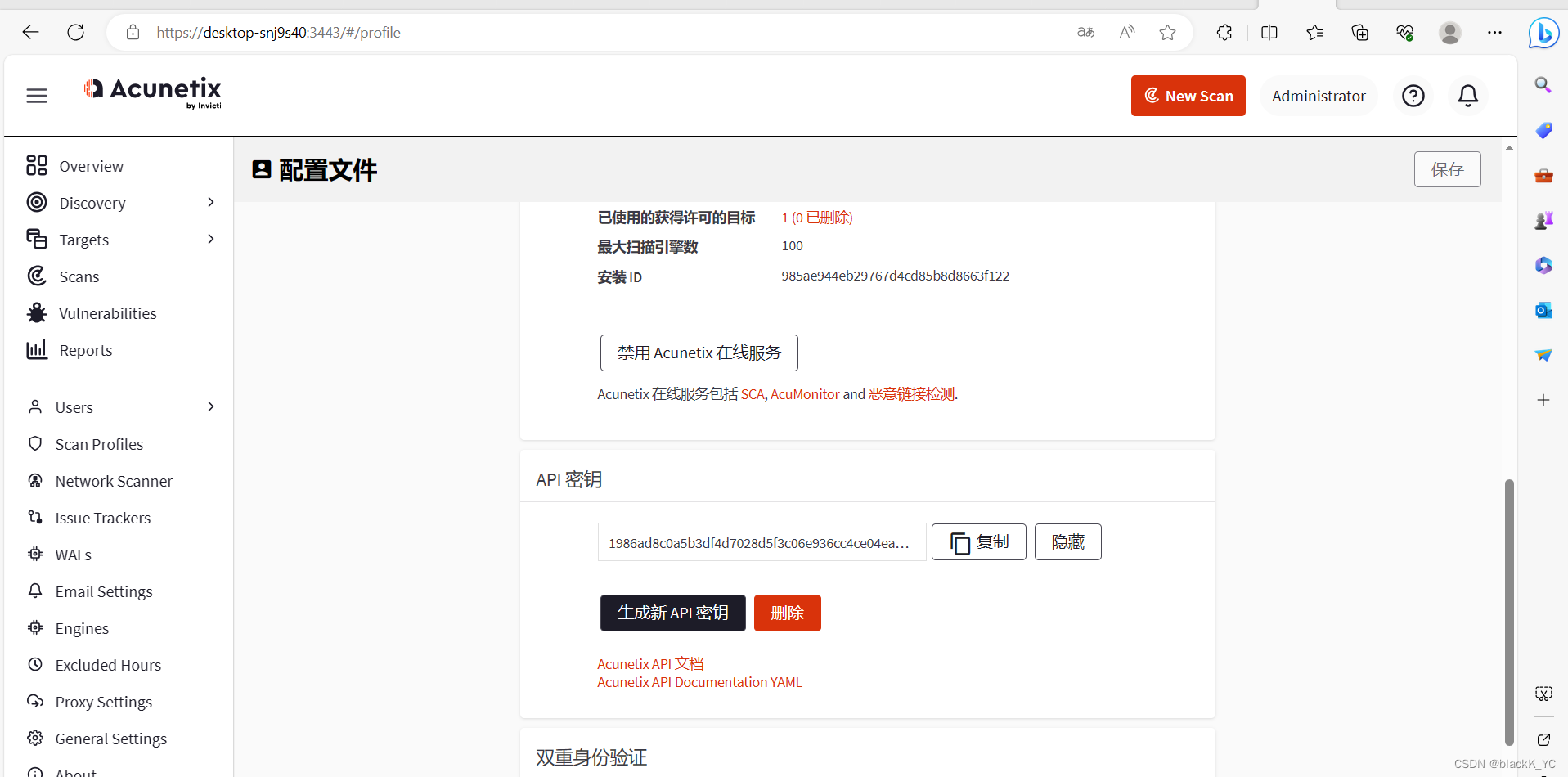
import requests,json
api_add_url = "https://localhost:3443/api/v1/targets"
headers = {
'X-Auth': '1986ad8c0a5b3df4d7028d5f3c06e936cc4ce04ea3d4b4ad69123594ad34b4c31',
'Content-type': 'application/json'
}
data = '{"address":"http://vulnweb.com/","description":"create_by_reaper","criticality":"10"}'
r = requests.post(url=api_add_url, headers=headers, data=data,verify=False).json()
target_id=r['target_id']
print(r)
api_run_url='https://localhost:3443/api/v1/scans'
headers = {
'X-Auth': '1986ad8c0a5b3df4d7028d5f3c06e936cc4ce04ea3d4b4ad69123594ad34b4c31',
'Content-type': 'application/json'
}
data = '{"profile_id":"11111111-1111-1111-1111-111111111111","schedule":{"disable":false,"start_date":null,"time_sensitive":false},"target_id":"%s"}'% target_id
r = requests.post(url=api_run_url, headers=headers, data=data, verify=False).json()
print(r)
python联动sqlmap
实现自动添加任务进行sqlmap扫描
import requests,json
"""
python sqlmapapi.py -s 启动sqlmap-api服务
@get("/task/new") 1.创建新任务记录任务ID
@post("/option/<taskid>/set") 2.设置任务ID扫描信息
@post("/scan/<taskid>/start") 3.开始扫描对应ID任务
@get("/scan/<taskid>/status") 4.读取扫描状态判断结果
@get("/scan/<taskid>/data") 5.扫描结果查看
@get("/task/<taskid>/delete") 6.结束删除ID
"""
def new_id():
url='http://127.0.0.1:8775/task/new'
headers = {'Content-Type': 'application/json'}
res=requests.get(url,headers=headers).json()
if res['success'] is True:
print('->1.创建新任务记录任务ID: '+res['taskid'])
return res['taskid']
def set_id(id,scanurl):
url = 'http://127.0.0.1:8775/option/%s/set'%id
data={
'url':scanurl
}
headers = {'Content-Type': 'application/json'}
res = requests.post(url,data=json.dumps(data),headers=headers).json()
if res['success'] is True:
print('->2设置任务ID扫描信息成功 '+id+'\n'+'->3设置目标url扫描信息成功url: '+scanurl)
def start_id(id,scanurl):
url='http://127.0.0.1:8775/scan/%s/start'%id
data = {
'url': scanurl
}
headers = {'Content-Type': 'application/json'}
res=requests.post(url,data=json.dumps(data),headers=headers).json()
if res['success'] is True:
print('->4启动任务ID扫描信息成功 '+id+'url: '+scanurl)
def status_id(id):
url='http://127.0.0.1:8775/scan/%s/status'%id
headers = {'Content-Type': 'application/json'}
print('->5开始扫描 ID:'+id)
while True:
res=requests.get(url,headers=headers).json()
if res['status']=='running':
continue
else:
print('扫描完成 ID:'+id)
break
def data_id(id,scanurl):
url='http://127.0.0.1:8775/scan/%s/data'%id
headers = {'Content-Type': 'application/json'}
resp = requests.get(url, headers=headers)
res=requests.get(url,headers=headers).json()
if res['data'][0]['status']==1:
print('->6存在注入 ' + id + 'url: ' + scanurl)
print('正在写入sqlresult.txt')
with open('sqlresult.txt','a+') as f:
f.write(resp.text)
f.write('\n'+'---------------------------------')
f.close()
print('写入完成')
def del_id(id,scanurl):
url='http://127.0.0.1:8775/task/%s/delete'%id
headers = {'Content-Type': 'application/json'}
res=requests.get(url,headers=headers).json()
if res['success'] is True:
print('->7删除任务信息成功 '+id+'url: '+scanurl)
if __name__ == '__main__':
for url in open('vulnweb.txt'):
id=new_id()
set_id(id,url.replace('\n',''))
start_id(id,url.replace('\n',''))
start_id(id,url.replace('\n',''))
status_id(id)
data_id(id,url)
del_id(id,url)
print('------------------------------------')python联动Xray并实现微信推送
这里需要用到server酱
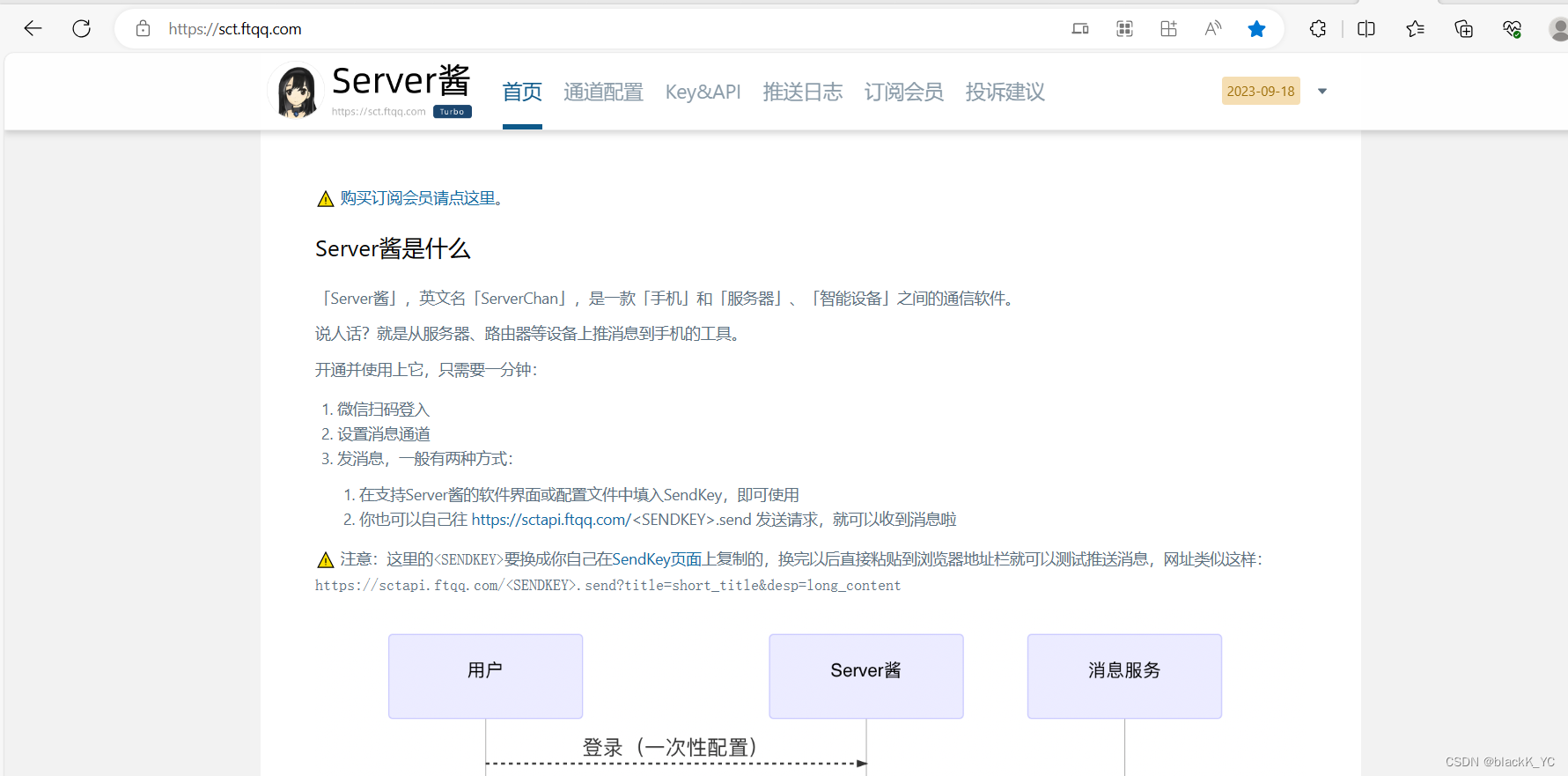
import time
from flask import Flask, request
import requests
app = Flask(__name__)
@app.route('/webhook', methods=['POST'])
def test():
wx = 'https://sctapi.ftqq.com/SCT222793TLvGVTGB4O6fpNbfmt7IBwEy.send?title=xray'
try:
vuln = request.json
type = vuln.get('type') # 使用.get()方法可以避免在键不存在时抛出KeyError
plugin = vuln.get('data', {}).get('plugin')
url = vuln.get('data', {}).get('target',{}).get('url')
content = """## Xray发现了新漏洞
发现漏洞类型:{type}
发现漏洞插件:{plugin}
发现漏洞url:{url}
""".format(type=type, plugin=plugin, url=url)
print(content)
data = {
'desp': content
}
print(data)
requests.post(wx, data=data)
return 'ok'
except Exception as e:
time.sleep(1)
pass
if __name__ == '__main__':
app.run()
